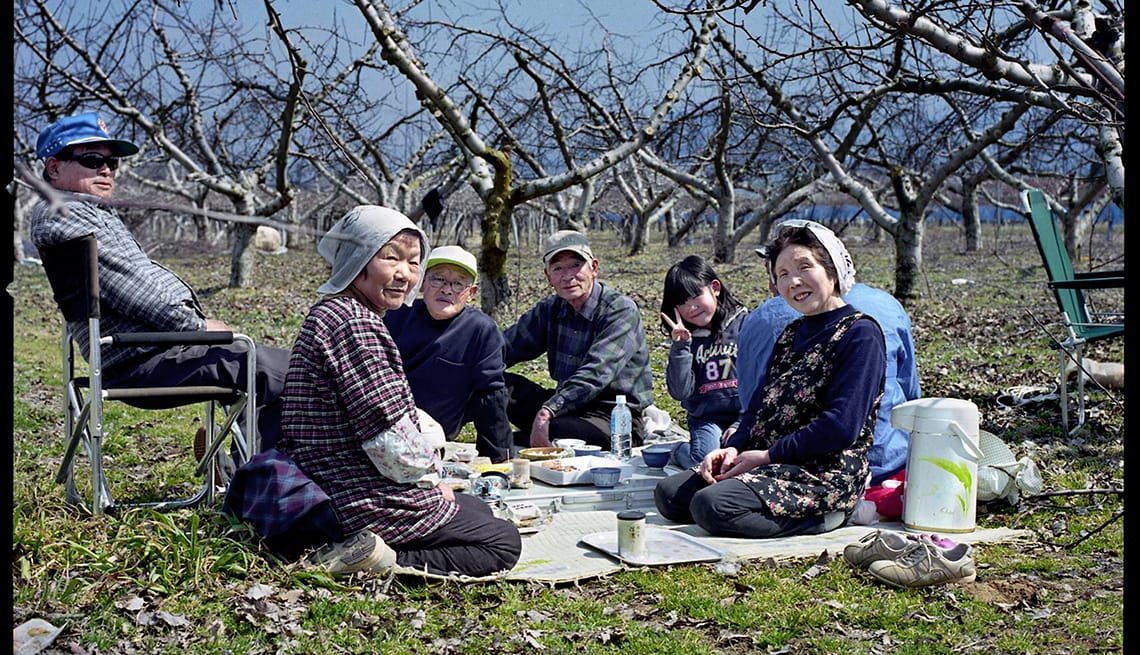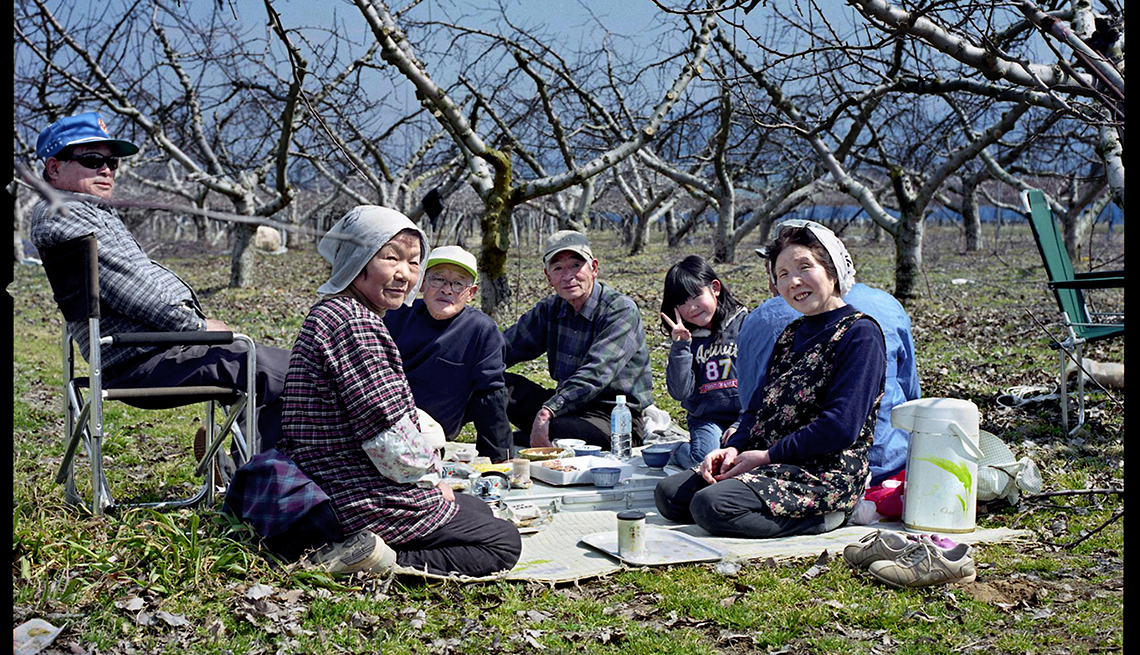The Secrets of Japanese Longevity: Insights from Centenarians and Beyond
Yumi Yamamoto stands at the forefront of unraveling the enigma of longevity among Japanese supercentenarians.


Yumi Yamamoto stands at the forefront of unraveling the enigma of longevity among Japanese supercentenarians. Having engaged with Japan's oldest living individuals and bearing witness to her great-grandmother's remarkable lifespan of 115 years, Yamamoto offers unique insights into the secrets behind Japan's longevity phenomenon.
1. Introduction
The land of the rising sun is renowned not only for its rich culture and technological advancements but also for its population's exceptional longevity. Japanese supercentenarians, individuals surpassing the age of 110, captivate the world with their remarkable vitality and resilience. Yumi Yamamoto, a prominent figure in longevity research, delves deep into the lifestyles and habits of these extraordinary individuals to uncover the secrets of their prolonged existence.
2. Yumi Yamamoto: A Brief Background
Yumi Yamamoto assumes the role of Japan research president at LongeviQuest, an esteemed organization dedicated to verifying the ages of the world's oldest individuals and chronicling their stories. With meticulous precision, Yamamoto has validated the ages of numerous supercentenarians, shedding light on their exceptional lifespans. Notably, her lineage boasts a familial connection to longevity, as evidenced by her great-grandmother's remarkable longevity of 115 years.
3. The Secrets of Japanese Supercentenarians
Mindful Eating: "Hara Hachi Bu"
Central to the dietary practices of Japanese supercentenarians is the concept of "hara hachi bu," which advocates for consuming meals until one is 80% full. This mindful approach to eating promotes moderation and prevents overindulgence, thereby potentially reducing inflammation and promoting longevity. With an average daily calorie intake significantly lower than Western standards, individuals in Japan's Blue Zones, such as Okinawa, exemplify the benefits of mindful eating in fostering longevity.
Moderation in all Things
A prevalent theme among Japanese supercentenarians is the adherence to moderation in all aspects of life. Yamamoto emphasizes the importance of avoiding excesses and instead embracing balance and restraint. Whether it's enjoying treats like Coca-Cola in moderation or maintaining a disciplined sleep schedule, Japanese individuals exemplify the principle of moderation as a cornerstone of longevity.
Incorporation of Radio Gymnastics
Since its inception in 1928, radio gymnastics has been a staple of Japanese culture, promoting physical fitness and vitality. Yamamoto highlights the significance of this daily ritual, which involves brief yet intense bouts of physical activity. Studies suggest that such practices not only improve physical health but also contribute to a reduced risk of chronic diseases, further enhancing longevity.
Maintaining Straight Posture
A striking observation made by Yamamoto pertains to the impeccable posture maintained by Japanese supercentenarians. Despite the natural inclination towards slouching with age, elderly individuals in Japan exhibit remarkable discipline in preserving a straight posture. Research indicates that good posture not only minimizes physical strain but also promotes overall well-being, underscoring its importance in the quest for longevity.
4. Discussion on Longevity-Boosting Habits
Delving deeper into the habits of Japanese supercentenarians unveils a tapestry of practices conducive to longevity.
Mindful Eating Practices
The cultural norm of mindful eating, encapsulated by the principle of "hara hachi bu," fosters a harmonious relationship with food and promotes optimal health.
Moderation: Key to a Long Life
By eschewing extremes and embracing moderation in diet, lifestyle, and social interactions, Japanese individuals cultivate a balanced approach to life that sustains vitality into old age.
Radio Gymnastics: A Tradition for Health
The longstanding tradition of radio gymnastics exemplifies Japan's commitment to holistic well-being, integrating physical activity seamlessly into daily routines.
The Significance of Good Posture
Beyond the realms of diet and exercise, the emphasis on maintaining good posture reflects a holistic approach to health that extends beyond physical fitness.
5. Conclusion
In essence, the longevity of Japanese supercentenarians is not merely a product of genetics but a testament to a lifestyle characterized by mindful choices, moderation, and a commitment to holistic well-being. Yumi Yamamoto's insights offer a glimpse into the remarkable habits and practices that contribute to the prolonged vitality of Japan's oldest inhabitants.
FAQs
What is the significance of "hara hachi bu" in Japanese culture?
"Hara hachi bu" embodies the practice of mindful eating, promoting moderation, and preventing overindulgence, which may contribute to longevity.
How does moderation play a role in promoting longevity?
Moderation fosters balance in diet, lifestyle, and social interactions, promoting optimal health and resilience against age-related ailments.
What are radio gymnastics, and how do they contribute to longevity?
Radio gymnastics involve brief yet intense physical exercises performed daily, promoting physical fitness and reducing the risk of chronic diseases.
Why is good posture emphasized among Japanese supercentenarians?
Maintaining good posture minimizes physical strain, prevents pain, and supports overall well-being, contributing to longevity.
How can individuals adopt the habits of Japanese supercentenarians to enhance their own longevity?
By practicing mindful eating, embracing moderation, incorporating regular physical activity, and prioritizing good posture, individuals can emulate the habits conducive to longevity observed among Japanese supercentenarians.